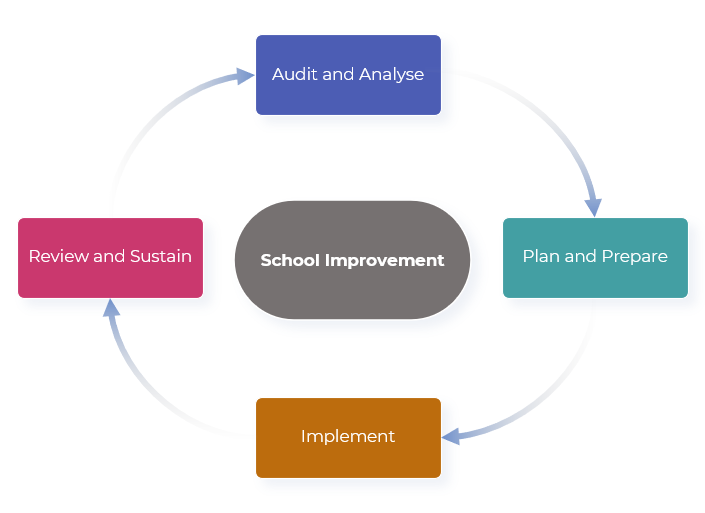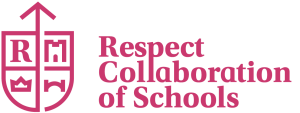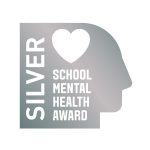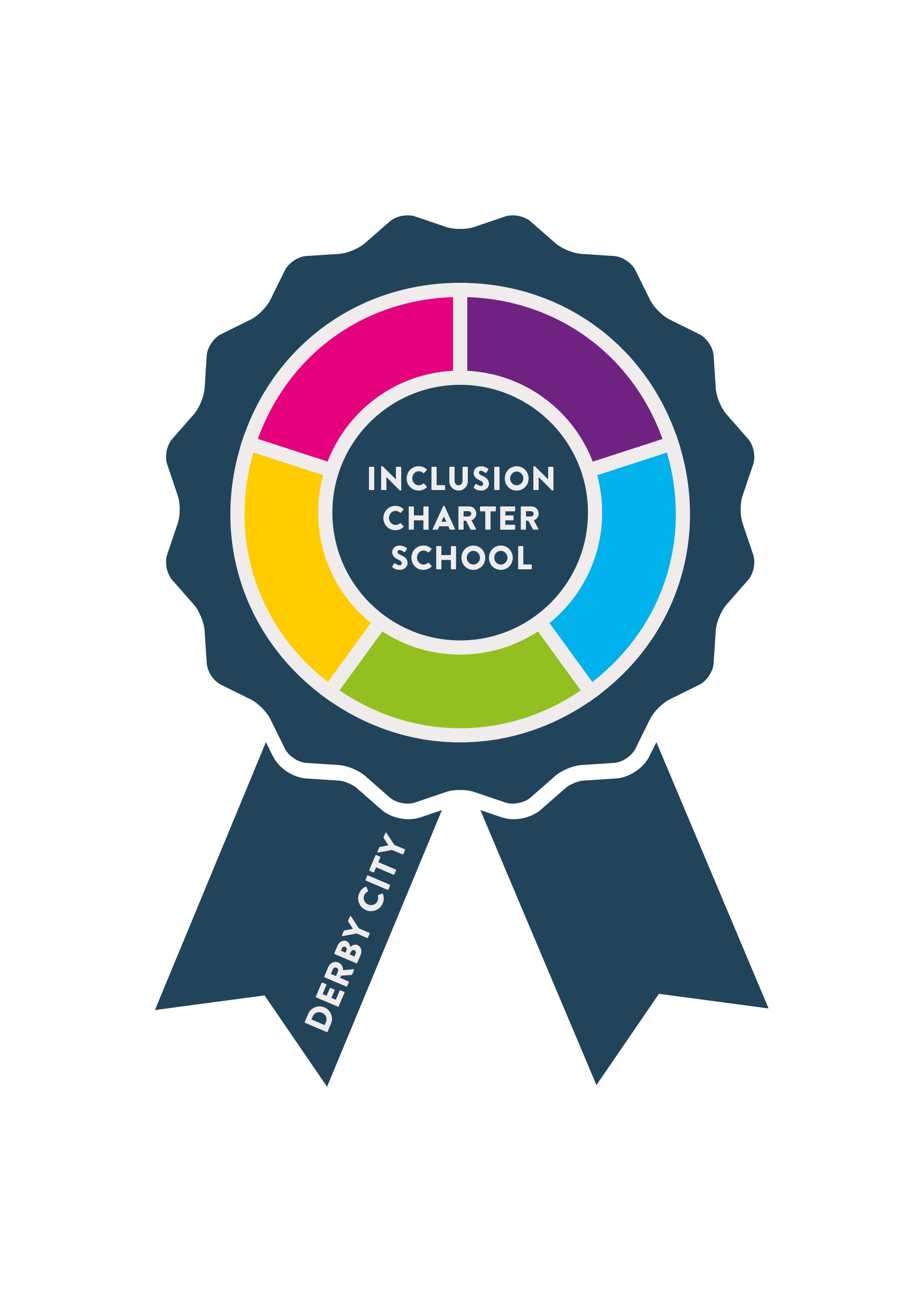School and service improvement philosophy and model
At RESPECT collaboration of schools we are passionate about building successful learning communities and maximising the potential of every stakeholder within these communities. Across the collaboration there is a strategic agenda to ensure we deliver excellent education to raise aspirations and improve their life chances of every pupil.
The collaboration is committed to working with all schools within our family of schools to support continued reflection and improvement on four levels:
Leadership and Growth: Educational development and best practice is always advancing. In order to build great schools, a culture of curiosity, humility and innovation needs to be fostered at every level. School improvement within the collaboration aims to support our schools working together on common priority areas using research and development, sharing good practice and sharing of capacity.
Expectations and Stability: All pupils benefit from high standards and effective provision that is consistent and stable. Where standards fall or coast, the collaboration will act swiftly to implement effective practice support coordinated by proven leaders from within the central team.
The Improvement Methodology
(Adapted from EEF doing ‘fewer things better’ 2019)

Audit and Analyse
Review performance standards and create a clear line of sight to the area of focus and/or review. Identify and understand the area for improvement. Identify appropriate programs or practices to implement.
Plan and Prepare
Create a clear implementation plan. Check and understand the readiness of the school context to deliver the plan. Prepare resources. Plan to work together across the collaboration where appropriate.
Implement
Support staff, monitor progress and problem solve. Flexible approach to the strategies with a clear and fixed line of sight to the improvement area/s.
Review and Sustain
Evaluation of progress relative to the intent. Plan for sustainability and continued improvement and capacity development. Consider lessons learned and how these can benefit the collaboration of schools.
Collaboration and Sustainability: Working with a genuinely collaborative methodology creates capacity in sharing expertise. This ensures the right support at the right time with the right expertise to bring about the best results for pupils in a culture free of judgement.
Through staff development and training we have developed expertise and additional capacity for school improvement by creating area and subject experts from within the three schools. These act as Respect Leaders of Education (RLEs). RLEs work with leaders from across the collaboration to carry out stages 1-4 of the methodology – usually via focus visits and ‘deep dives’ into specific aspects of the schools e.g. safeguarding or subjects e.g. English.
The RLEs are a de-centralised resource who have a substantive posts within the schools (typically subject leads or SLT). This not only allows for an objective reviews of critical aspect of school performance which is led by experts, but allows staff to collaborate and share good practice in a peer-led review process that focuses on sustainable school improvement. This is overseen and collated by school improvement leads in the Collaboration central team.
In additional to school improvement capacity this also allows for the strategic development of staff, and feeds into succession planning by offering or preparing colleagues for promotion and progression opportunities.



